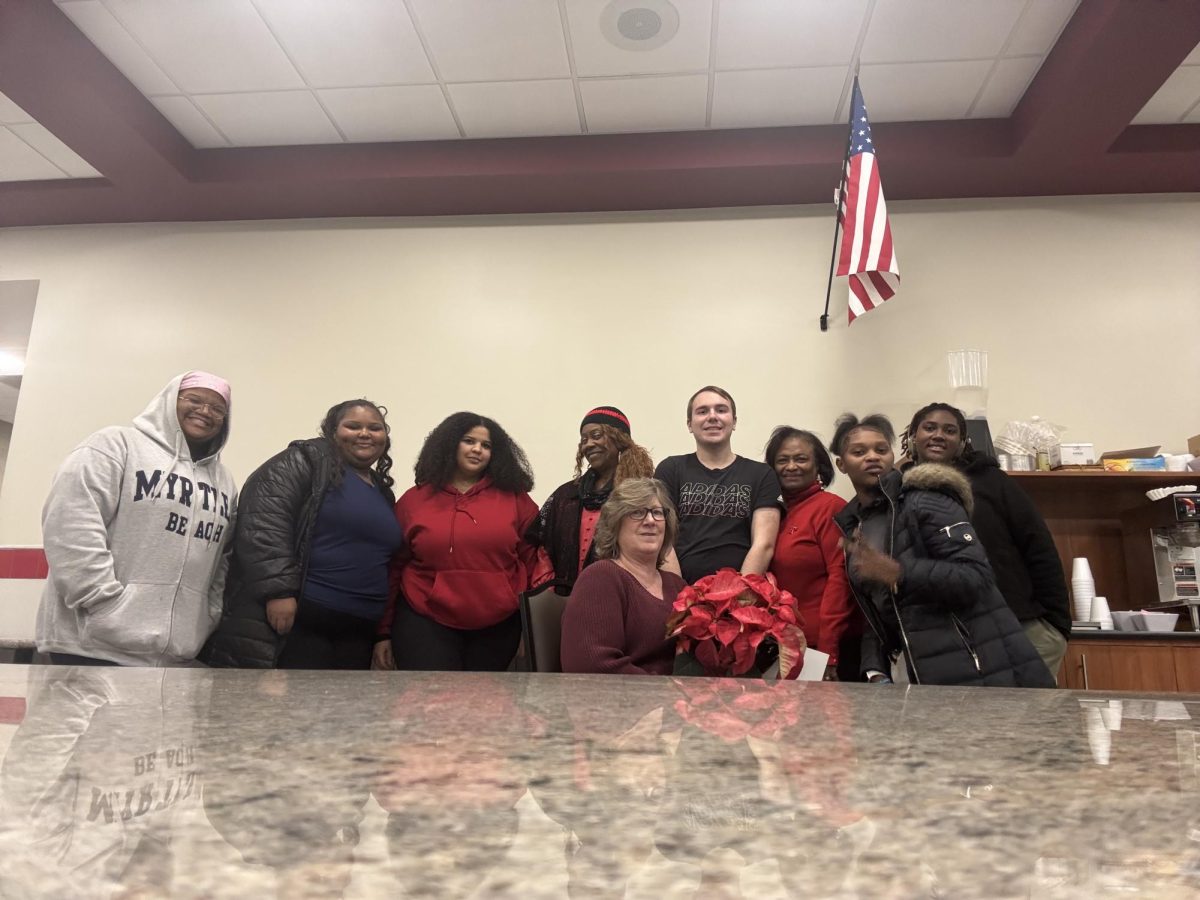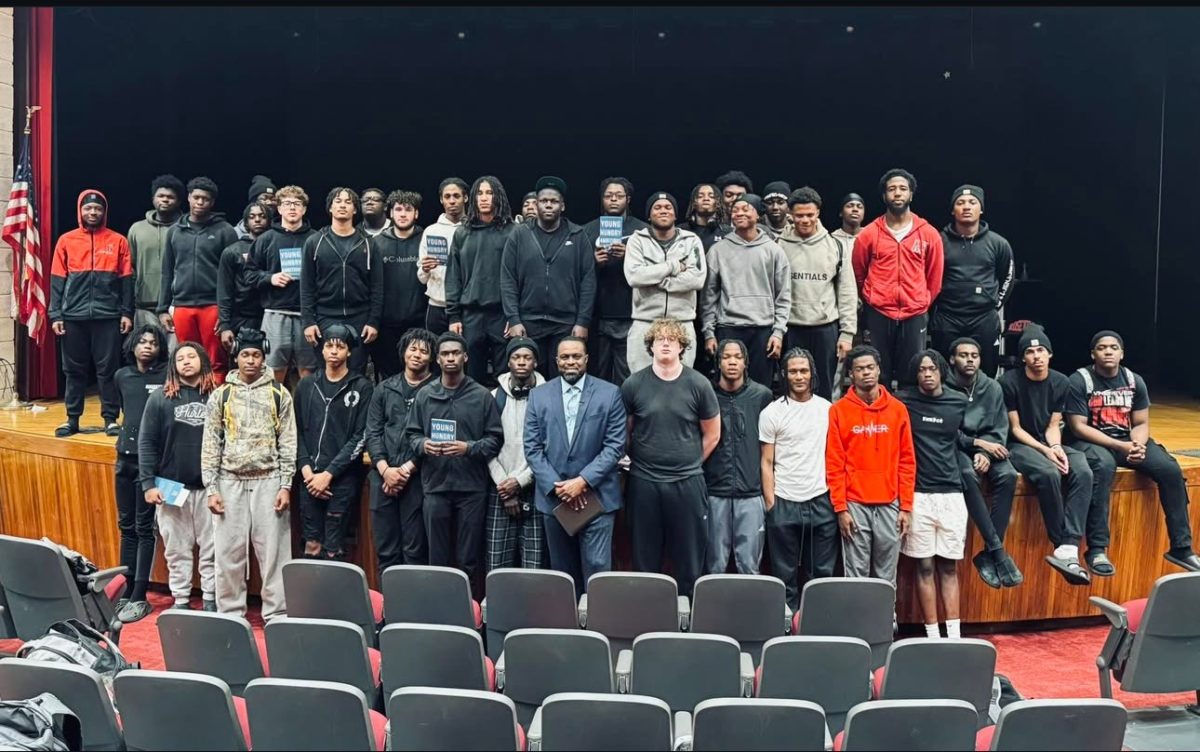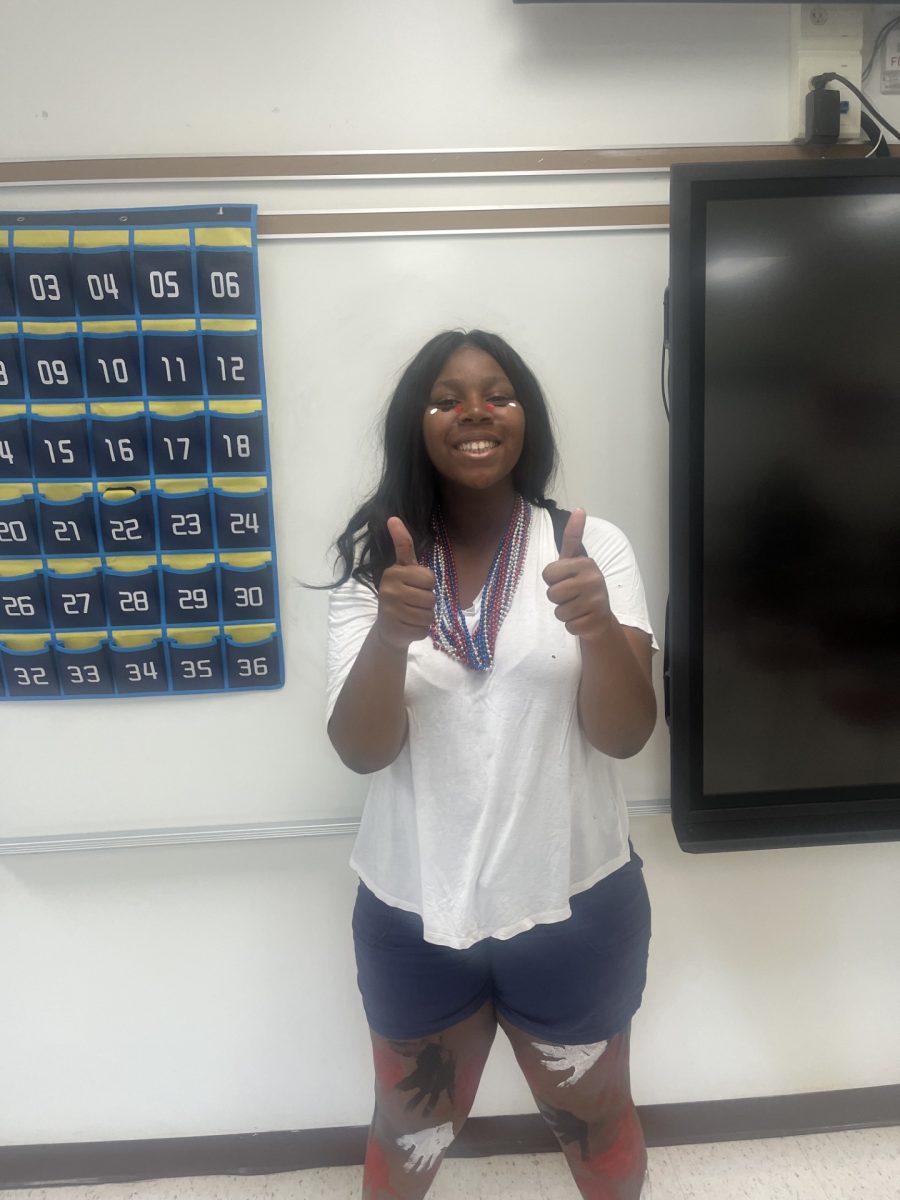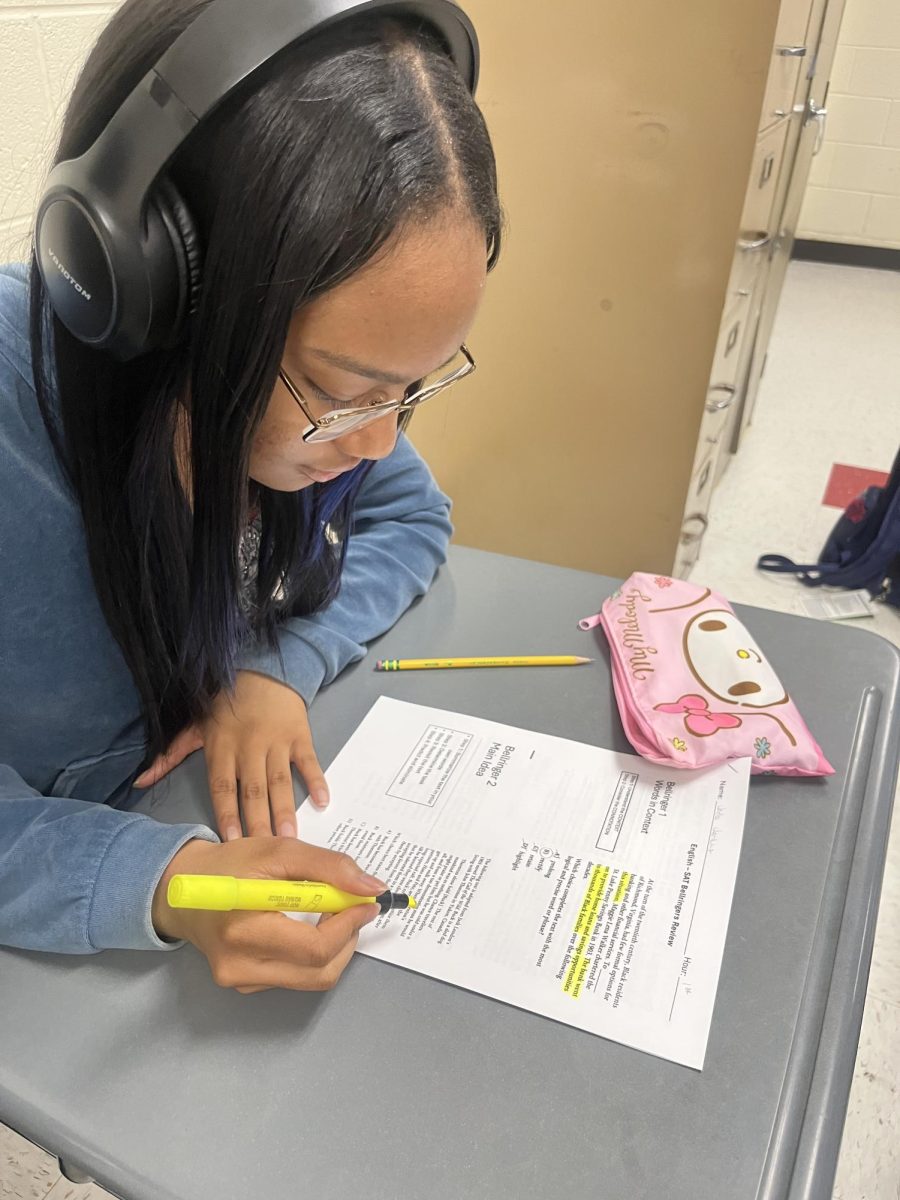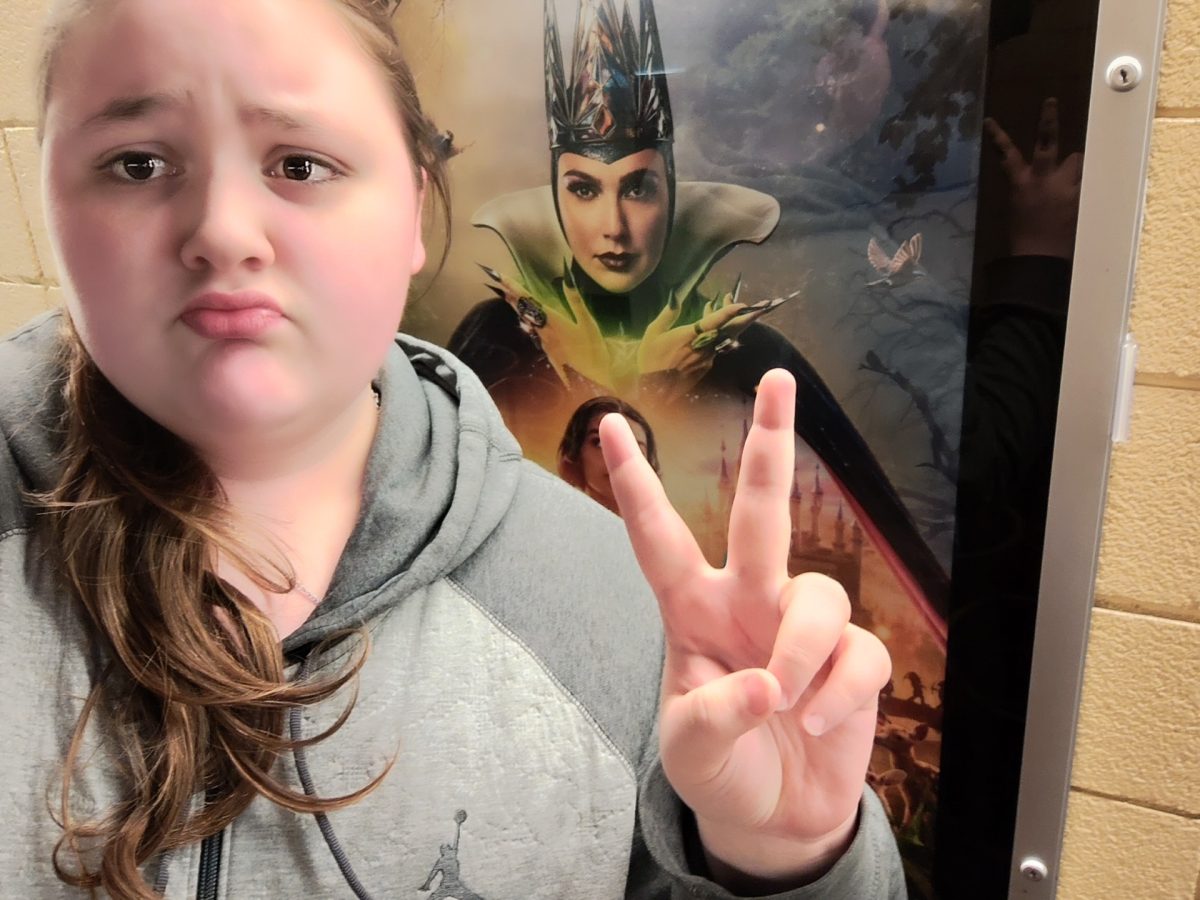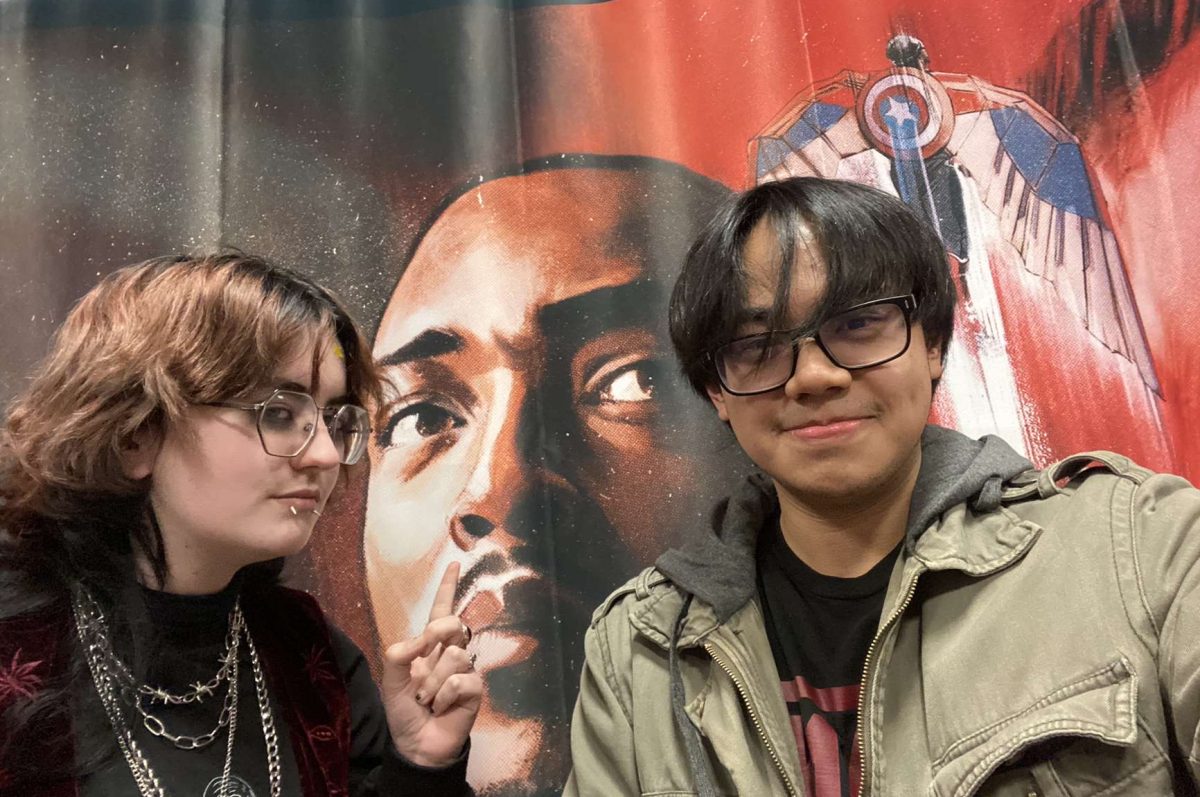Four incredible women of history
March 31, 2015
March is reading and women’s history month, so let’s read about awesome women. Women have always been credited with “birthing nations,” but sometimes, women find themselves helping build nations. From princesses to poor paupers, unconventional women fascinating are fascinating.
Angela Davis
(Jan 26, 1944- current)
Angela Davis is one of the more prominent women figures of the civil right movement of the 60’s. According to biography.com, she was known as being in the radical group, Black Panthers, before that she joined the Communist Party in the 70’s. She wrote books ranging from racial justice to women’s rights. A complicated woman, she was a runaway fugitive putting her on the FBI most wanted earlier in her life and a teacher at the University of Santa Cruz later in her life. With all the twists and turns of her life, she is one woman who deserves to be remembered.
Hypatia of Alexandria
(370ad- 415ad)
Hypatia of Alexandria was one of the first women who made a significant mark on leading science and math. Born 370ad, it is thought she was taught by her own father, Theon of Alexandria, who was also a leader in science and math. Later in her years, she was named Patriarch of Alexandria, a very high honor, according to www-history.mcs.st-and.ac.uk. Her end was thought to be caused by a mob of overzealous Christian men who opposed her philosophy of Plotinus’ teachings and associated them with paganism.
Elizabeth Blackwell
(Feb. 3, 1821-1910)
According to womenshistory.com, an immigrant from England, was the first woman to graduate from medical school. She soon became a leader in the medical field. She opened the “New York Infirmary for Women and Children” in the slums of New York to offer healthcare. During her lifetime, she trained many women as nurses to be sent to the battlefields in the civil war. This eventually led to the organization of, United States Sanitary Commission. She opened two schools for women in medicine, Women’s Medical College, and one in England called London School of Medicine for Women.
Ida B. Wells
(July 16, 1862 – March 25, 1931)
According to people.duke.edu, Wells was an activist and journalist. Born to former slaves, Wells emphasized with the plight of her fellow African Americans. She came to be known as an active challenger of lynching. When she herself was turned away from a first-class train seat, she started her journalism career. A former teacher, she was outraged when she was personally involved in a lynching party. For two months she put herself in danger, traveling into the South to gather details about other lynching (a form of punishment usually involving a mob hanging their victim from a tree) and eventually, wrote an in-depth editorial that had whites of the time outraged, and even former African Americans asking for her to quiet down. She did not, and for her stubbornness and the moral compass to do what was just, she deserves to be remembered.





